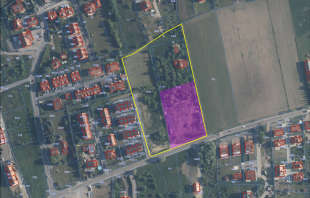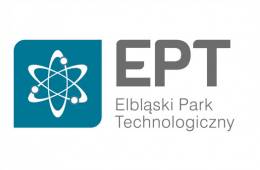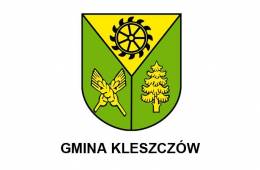The Ministry of Investment and Development aims to accelerate the public-private partnership (PPP) market. The new act, signed a few days ago by the president, the PPP project package programme proposed jointly with the Polish Development Fund and other forms of support for local governments, will help to do this. Part of the objective is signing a hundred new contracts by 2020. Today, there are almost one hundred and forty of them.
The number of contracts concluded is unsatisfactory, but saying that such agreements are marginal in Poland is not true. To this day, one hundred and forty contracts have been signed for the development of PPPs, of which slightly over one hundred and twenty are functioning. The first PPP Act dates back to 2005, but no contract was concluded based on it, and the current regulations are from the turn of 2008 and 2009, – says Witold Słowik, Undersecretary of State in the Ministry of Investment and Development. – Our goals, however, assume a rapid increase. By the end of 2020, we want to have more than two hundred operating partnerships.
As he emphasizes, for the last 2.5 years, i.e. from the moment when the Ministry of Investment and Development became responsible for the development of PPP in Poland, there has been already considerable increase. At the beginning, there were about one hundred contracts. At the end of 2017, public institutions were realizing one hundred and seventeen investments in such a formula, and their value amounted to
PLN 5.6 billion. Many more are being processed. Reaching the number of 200 projects by 2020 is one of several objectives in the government’s strategy adopted in July 2017 in this regard.
– The second goal is to launch at least ten PPP proceedings, where the public party will be government. The third goal is to increase the efficiency of conducting negotiations in the selection of a private partner. At the moment, only 25% of the initiated proceedings are successful, i.e. they lead to the conclusion of the contract. The „Government policy for the development of PPPs” aims at a success (conclusion) rate of 40%, – explains Witold Słowik.
The fourth goal - the most ambitious one, as the deputy minister admits - is to reach 5% public expenditure on projects carried out using PPP.
The new law, which president Andrzej Duda signed last week, is also serving this purpose. In accordance with the adopted provisions, the Ministry of Investment and Development will provide - at the request of public entities - an opinion on whether the investment in the PPP formula makes sense in a given case, which should facilitate the process of project preparation. In addition, it will also do the so-called PPP test, i.e. check whether or not investments financed from the state budget in the amount of at least PLN 300 million should be implemented in the PPP formula (this will not apply to projects implemented with EU funds). In addition, the new law includes much legal facilitation in conducting investments.
Local governments are to be helped also by the new PPP programme prepared jointly by the Ministry of Investment and Development and the Polish Development Fund (PDF).
– This programme consists in comprehensive support for local governments, in particular medium-sized cities, in the scope of preparation and execution of PPP projects, – says Witold Słowik. – The Ministry of Investment and Development, which is responsible for the development of PPP in Poland, will provide an advisory service in the field of project preparation, while the PDF will also participate at the promotion and advisory stage, and its primary role will be to provide capital to the private entity. The capital will be provided either by a capital entry into the private entity or by debt financing.
Ultimately, the programme will involve five pilot groups of local governments, which will be supported by the Ministry of Investment and Development. Local governments that meet the recruitment conditions will receive advisory support financed in 90% by the ministry. In addition, the ministry will conduct PPP training for interested local governments.
– One of the main assumptions is support for medium and small towns to enable local governments there to prepare and fulfil PPP contracts. A very important element is the possibility of combining several local governments, so that there are many entities on the public side that will carry out an investment important for a given region, e.g. sewage treatment plant, incineration plant or other infrastructure serving public purposes, – emphasizes Witold Słowik.
The task of the PDF will be to search for participants in pilot groups in five areas, such as reconstruction and maintenance of bus/railway station facilities, public facilities, public roads, educational facilities and sports facilities.
Today, in the opinion of the ministry, the Polish PPP market is still in its infancy, especially in comparison with Western European countries.
– It is very important to combat false convictions such as that it is better to finance a given project with a non-returnable grant than to start a rather difficult process of selecting a private partner. In the countries with the best results in terms of PPP enterprises, adequate regulations and practices have been in place for 20-30 years now, and in the UK even longer. In addition, they do not use grants to such an extent or at all, – explains the Undersecretary of State in the Ministry of Investment and Development.
PPP more popular?










































